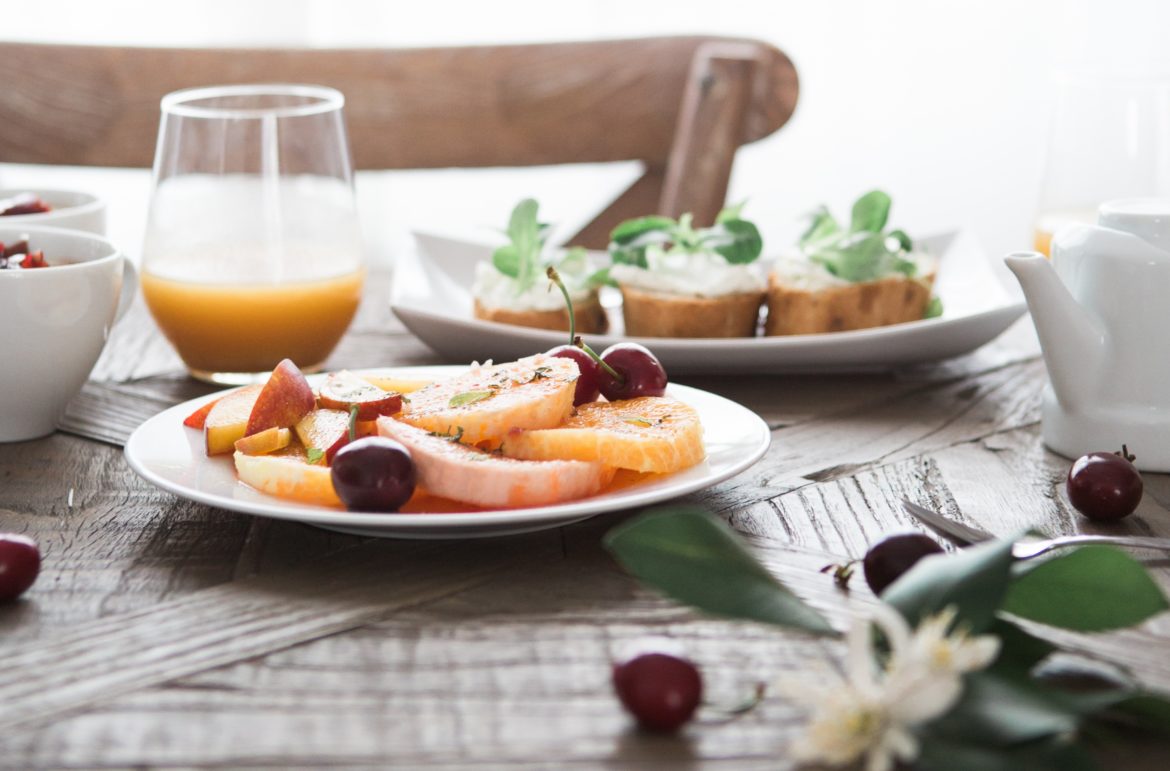As humans, we have to eat in order to fuel our bodies. We also use food as a tool to celebrate, socialise, cope with stress, and reward ourselves. Because food plays such an important part in our lives, having an unhealthy relationship with food can severely impact your life on a daily basis. Here are a few signs to look for if you are worried that you or a friend may be struggling with an unhealthy relationship with food.
Rigid food rules
This can be anything from only eating at certain times, to restricting specific food groups. This can be particularly obstructive when it comes to socialising and making plans. When rules can’t be stuck to, it can cause major anxiety and destress. Implementing rules around food can be used as a tool for control when other areas of life can feel uncontrolled.
Obsessive thoughts about food, weight, and shape
Often planning how to stick to the rules can cause obsessive thoughts surrounding food and diet. Looking up recipes compulsively, thinking about what and when to eat and taking an extreme interest in other people’s eating habits suggest an unhealthy relationship with food. Again, this suggests a desire for further control and understanding over their food intake.
Association with food to worth
If you value your self-worth on what food you have eaten, eg. how ‘clean’ it is, or how controlled you have been, this can indicate major signs of an unhealthy relationship with food. This idea that what you eat defines your value can lead to body image issues, low self-confidence, and eating disorder behaviour.
Public vs private eating
If you don’t like to eat in front of others and avoid social situations where food is involved because they may not fit within your food rules or you worry that others will judge you, this can become very damaging. It may lead to binge-eating, which can result in severe feelings of shame and guilt.
If you feel you may show signs of having an unhealthy relationship with food, feel free to get in touch and see how health psychology can help you make positive lifestyle changes.

